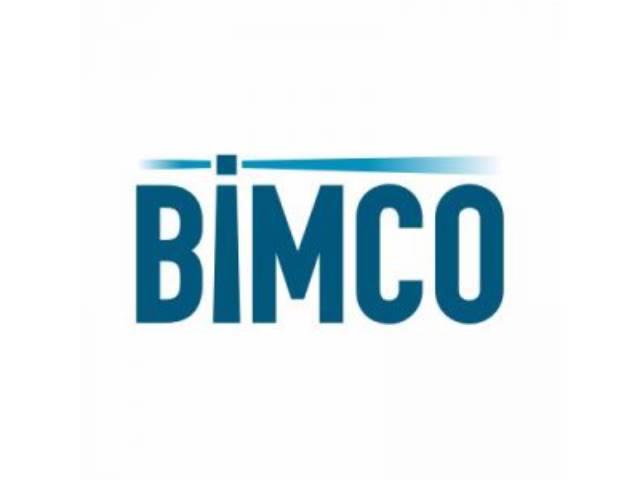An updated Report on the European list of ship recycling facilities, commissioned by BIMCO, shows progress in increasing the number of active yards on the list, but the rules still don’t reflect commercial realities and lags behind on capacity to scrap large commercial ships.
“It is positive that the EU list of approved recycling facilities has been expanded, but the fundamental problem persists: the capacity required for the large EU-flagged fleet simply isn’t there, which is especially evident when it comes to recycling Panamax-size and larger ships in accordance with the EU regulation,” says BIMCO Secretary General David Loosley.
According to the report, “Turkey is to all intents and purposes, the only country on the list that provides recycling that is targeting ‘panamax’ sized ships.”
At present, Turkish yards are mainly busy with recycling cruise ships, and therefore not able to handle other ships types.
Lack of sufficient recycling capability puts shipowners in a situation where they are unable to recycle their ships at yards on the list, leaving them no alternative than to reflag their aging ships to flag states outside the EU.
“The intention of protection the environment and ensuring worker safety is spot on, but in BIMCO we would wish that the EU instead had aimed the good intentions toward ratifying the Hong Kong Convention,” Loosley says.
The Hong Kong Convention, which BIMCO fully supports, aims to ensure safe and environmentally friendly recycling globally, which includes certification and enforcement. But the Hong Kong Convention has not yet entered into force.
On top of the lack of suitable shipyards, the price difference in steel will mean a loss of at least 150 USD per tonne, compared to recycling in an Indian yard, which could for example go to investing in more modern ships.
The report shows that there are yards, which can comply, and which are commercially viable in India.
Two Indian yards have been audited (out of 20 applicants). One of those yards was found to be acceptable, although the local infrastructure behind the yard was not. This demonstrates that ship recycling is moving in the right direction in India.
In addition, BREXIT is a separate issue, where UK-based yards need to re-apply to the EU-list. That said, their inclusion would do little to alleviate the fundamental issues mentioned above.
To summarize, there are still a number of barriers for ship recycling adhering to the EU ship recycling regulation:
- Lack of capacity, especially for Panamax and larger ships
- Prices for steel at European yards are not competitive and commercially unviable
- Yards in northern Europe are focused on the significantly more profitable offshore decommissioning market
- The addition of Turkish yards is welcome, but ultimately doesn’t change the big picture
- Yards in India have improved, and it seems that they can live up to the safety and environmental requirements, but they are still excluded from the list.
For in depth information, please read the full report.









































